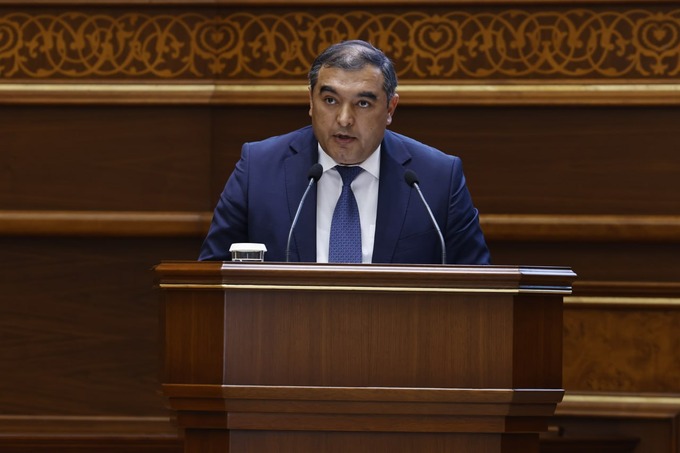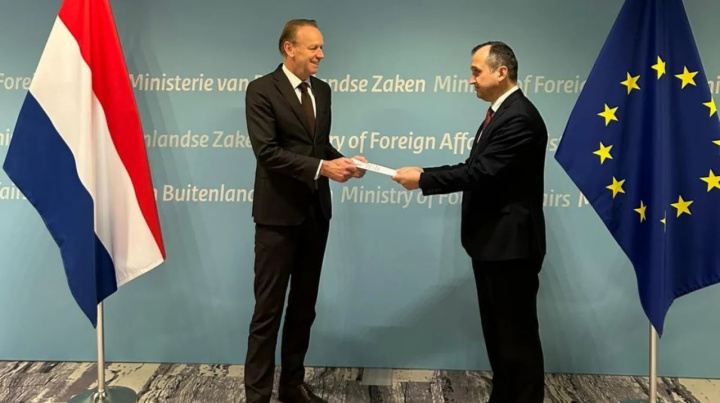The strategy “Uzbekistan-2030” sets the task of introducing criteria and procedures for Islamic financing in at least three commercial banks and forming a legislative framework for Islamic financing.
“At the presidential meeting with entrepreneurs in August 2022 and last year, the issue of Islamic finance was raised. Since then, a working group consisting of various ministries has been working on this. One thing needs to be understood: this is a very new and complex area that requires changes to many legislative acts, including laws on bail, on courts, on banking, and on the Central Bank. Now the bill is ready, I said before that our task is to submit the document to parliament in 2024,” he said.
According to him, amendments have been made to the law “On non-bank credit organizations and microfinance activities” to allow the provision of Islamic finance services.
“There is order there, but the adoption of the regulation on Islamic financial services was expected. This provision was developed by the Central Bank, and now it must undergo state registration. After its adoption, work will begin in this area,” the CB deputy head said.
Bekhzod Khamroyev reported that 12 banks of Uzbekistan, including Agrobank, Uzsanoatqurilishbank, Microcreditbank, Ipak Yuli Bank and others, provide murabaha services through credit lines from the Islamic Corporation for Development of Private Sector. Trustbank’s subsidiary Trast Muamalat provides Islamic leasing services.
Murabaha is a financing transaction based on purchase and sale, under which the bank purchases a commodity commodity from a broker and sells it to the client under a murabaha agreement with a pre-agreed margin, which is calculated as a lump sum or as a percentage of the cost of the commodity. After signing the murabaha agreement, the client sells the goods to a third party broker, with the bank acting as an intermediary.
“If we complete amending the basic laws in 2024, I think that this service will also become widespread in other banks, taking into account demand and conditions,” he said.
A draft presidential decree put up for discussion in May 2018 planned to create an infrastructure for Islamic banking and finance in Uzbekistan. The document outlined the introduction of a ban on remuneration in the form of interest (ribo), the division of profits and losses with the entrepreneur in proportion to the shares of participation in the project, the development of regulations for the implementation of insurance activities (takaful), leasing activities (ijarah), and securities transactions (sukuk) and other transactions based on the principles of Islamic finance.
Earlier, analysts Karen Srapionov and Shodlik Nazarov explained in an article on Gazeta.uz how Islamic securities sukuk could become a source of financial injections into the economy of Uzbekistan.






